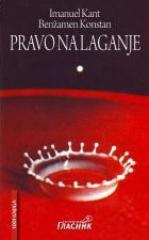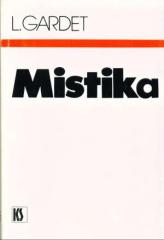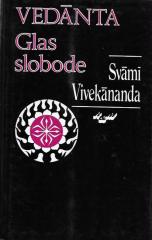
Zašto je Marx bio u pravu
Marx je svojom bujnom i beskompromisnom kritikom kapitalizma preobrazio naše shvaćanje povijesti čovječanstva. Je li marksizam, u jeku današnje razorne financijske krize, tek puka relikvija iz nekoga drugog doba?
U svojoj polemičkoj i kontroverznoj knjizi „Zašto je Marx bio u pravu“ Terry Eagleton bavi se predrasudom kako je marksizam mrtav i kako je s njim gotovo. Veličati Karla Marxa moglo bi se učiniti jednako perverznim kao zauzeti se za Bostonskog davitelja. Nisu li Marxove ideje bile te koje su odgovorne za despotizam, masovna ubojstva, radne logore, ekonomsku katastrofu te gubitak slobode milijuna muškaraca i žena? Nije li jedan od njegovih odanih sljedbenika bio paranoidni gruzijski seljak imenom Staljin, a drugi brutalni kineski diktator koji bi lako mogao imati krv kojih tridesetak milijuna pripadnika svojeg naroda na rukama? Istina je, ipak, da je Marx odgovoran za golemu potlačenost komunističkog svijeta otprilike u istoj mjeri u kojoj je i Isus odgovoran za inkviziciju. Kao prvo, Marx bi ismijao ideju da socijalizam može uhvatiti korijenje u očajnički osiromašenim, kronično nazadnim društvima poput Rusije i Kine.
Eagleton u analizama svake od tih kritika pokazuje kako su one tek bijedna travestija izvorne Marxove misli. U svijetu u kojem su velike krize iz temelja uzdrmale kapitalizam, knjiga „Zašto je Marx bio u pravu“ podjednako je nužna i pravodobna kao što je odvažna i smiona.
Napisana s tipičnim Eagletonovim smislom za dosjetke, humor i jasnoću, knjiga će privući mnogo širi krug čitatelja od klasične akademske publike.
Nema primjeraka u ponudi
Poslednji primjerak je nedavno prodan.





